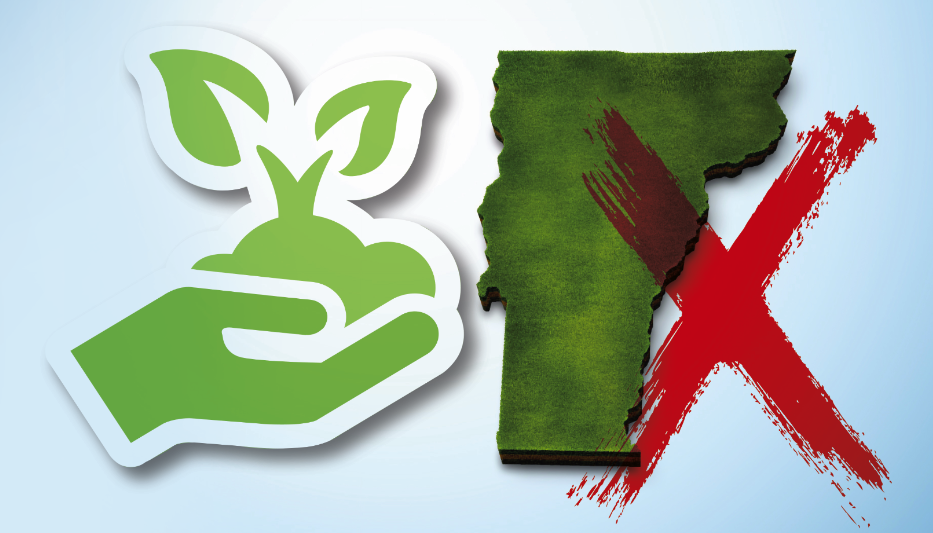Governor vetoed law over concerns about cost, enforceability
On May 8, Vermont Governor Phil Scott vetoed a bill that would have enacted the nation’s first Clean Heat Standard.
As previously reported, the Clean Heat Standard (CHS) would have offered incentives for heating providers to deliver low-carbon products like renewable liquid heating fuels and electric heat pumps, and imposed penalties on those that do not (see “A New Revenue Stream for Home Heating Providers,” Nov./Dec. 2021). The Vermont House of Representatives passed the CHS bill on March 16 (see “Industry News,” April 2022, page 45 – print edition), and the State Senate passed it on April 29.
After the governor vetoed the bill, the House had the opportunity to override that action. Instead, the chamber voted to sustain the veto, ending the chance for the CHS to become law. It came down to a single vote.
There was a mixed reaction to the legislation from Vermont’s heating fuel suppliers. Some wholesalers and dealers that already sell renewable liquid heating fuels saw it as an opportunity while those that do not saw it as a threat. As the bill made its way through the House and Senate, additional concerns were raised over its cost and enforceability. The massive undertakings of establishing financial incentives and penalties under the CHS — and then regulating the program as well as the state’s entire home heating industry — would have fallen to the Vermont Public Utilities Commission, a group of unelected officials.
The Vermont Fuel Dealers Association (VFDA) and Clean Fuels Alliance America successfully advocated for the inclusion of biodiesel in the bill, as well as the addition of a “check back” amendment that would have given the legislature and governor power to approve or reject the commission’s plan before the CHS would be implemented. Yet there were still great concerns about the costs to homeowners, renters and small businesses. The legislation was also attacked by some environmental organizations that did not want renewable gas or biodiesel to receive any clean heat credits. As a result, many who had once supported the idea of a clean heat standard urged the same lawmakers who passed the bill to uphold the governor’s veto.
So goes politics.
What now? A lawsuit is possible. The state of Vermont could be sued for violating the Global Warming Solutions Act. The 2020 law requires the state to implement measures that reduce greenhouse gas emissions, and the CHS is the signature policy of the Climate Action Plan. If a lawsuit is filed and the civil division of Vermont Superior Court agrees with the appellant, the Secretary of the Agency of Natural Resources will be compelled to take regulatory action, such as a ban on the installation of fossil fuel burning appliances.
At one point, the CHS looked like it could be a model for the Northeast heating fuel industry’s future — now, maybe not so much? Oil & Energy will continue to follow this story as it develops.


